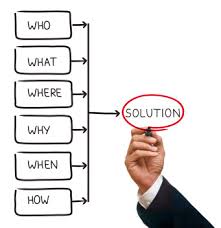It was a great time, hard work, long hours and you had to really plan your social activities for the week that yu could go out in the evening. We were on a three week shift pattern, days, nights, evenings. So as the night shift started at 11pm it meant you could only go out on day shifts and at the weekends if you weren’t scheduled for weekend shifts.
It was really an apprenticeship into work and general responsibility. It didn’t teach me anything much about computing, that would come later.
It did teach me how to get along with a small group of people some of whom I liked and some who were pretty obnoxious. I saw how to run a team and how to annoy the team that you need to do the work. I listened and tried to learn about that. I got promoted to junior and then computer operator very quickly…and then stuck there as there were no openings for senior ops. I was there for three and a half years and then moved on to work for Bejams (a frozen food and white goods retailer with 200 shops in the southern half of England).
I went as an operator but with the aim that one of the three operators hired at that time would become the next shift leader as changes were planned.
I didn’t know then but the changes were going from two shifts to three shifts, one shift leader leaving and one being demoted. I got the job of the demoted guy and so six months into the job found I was in charge of a senior op who had been passed over and the shift leader that had been demoted. Wow.
I was there for three years and learnt so much. I would have stayed but only a few months after we were taken over by a facilities management firm I got a job with US computer maker Wang. Those last few months were interesting as I had a new boss who was different in style to the previous one. More subjects for future posts!




